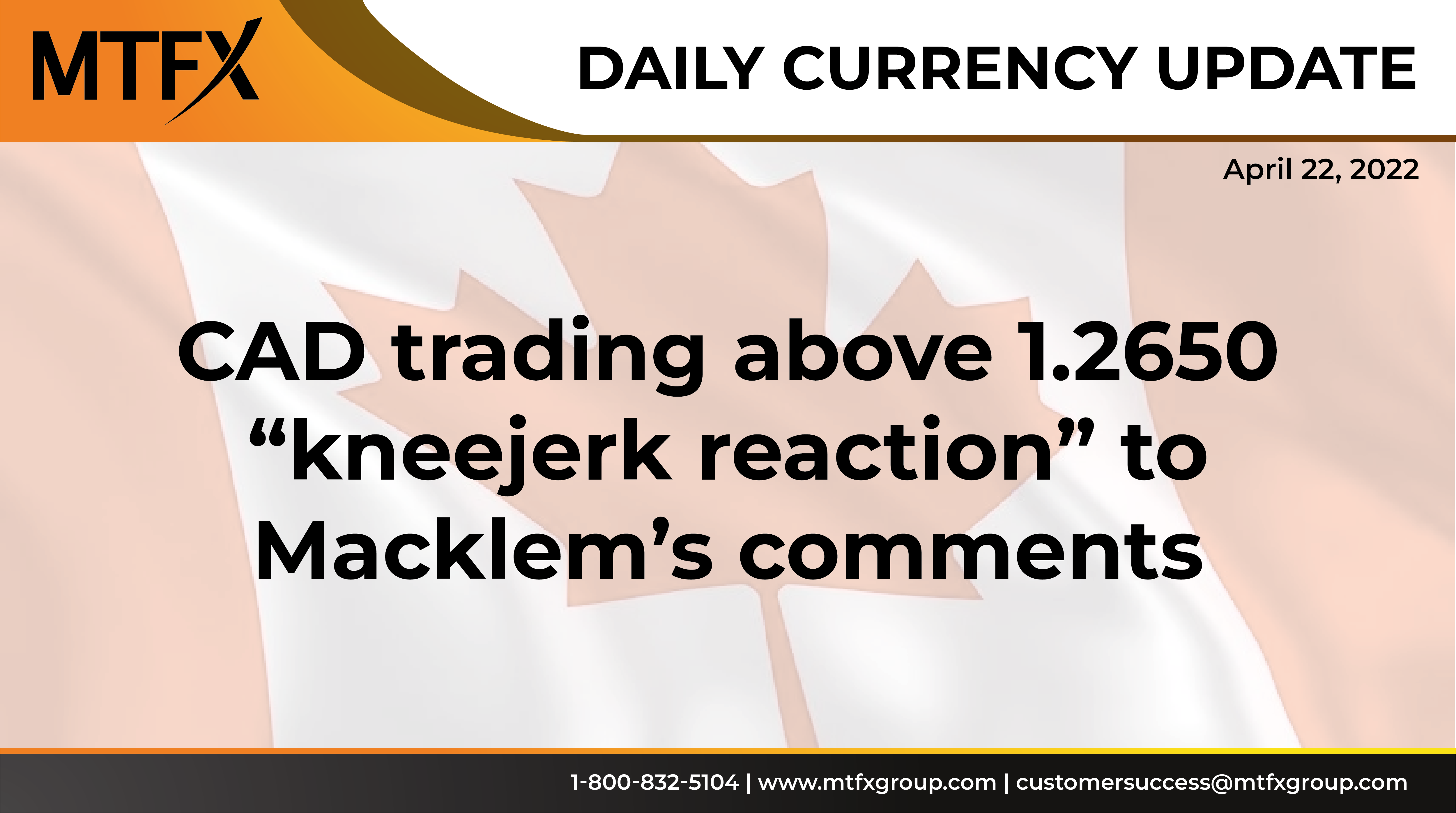Canadians can buy U.S. homes, regardless of citizenship status. The U.S. government places no restrictions on foreign nationals purchasing a property. For Canadians who want to take advantage of relatively lower home prices for investment or snowbird retreats, buying a home in the U.S. is a good choice.
According to the National Association of Realtors, Canadians lead the way among foreign buyers of U.S. real property. Canadians purchased 8,800 homes valued at $4.2 billion from April 2020 through March 2021. That number was driven downwards by over 50% from the previous year because of the COVID-19 pandemic and travel restrictions.
As Canadian COVID-19 travel restrictions gradually ease, and as the U.S. emerges from the pandemic, home construction that lagged during the past two years has yet to catch up with demand. Home buyers can expect to pay premium prices in bidding wars as buyers compete for hot properties.
Shop Around And Consider Other Factors
So, if you’re looking for a vacation retreat or investment in the warmer climes of Florida, Arizona or California, or would like a summer mountain retreat in Colorado, you’ll need to do your homework and consider the following:
- U.S. entry and visa regulations for Canadian citizens: Do you need a visa to travel to the U.S.? (Spoiler alert: Not usually.)
- Financing and mortgage considerations: Should you use a Canadian or a U.S. bank?
- Property tax liabilities: How much extra cash should you put aside to pay the local real-estate taxes?
- Currency exchange rates between U.S. and Canadian dollars: How can you stay on top of volatile currency exchange rates and avoid losing money on the deal? (Second spoiler alert: With a full-service foreign exchange and global payments platform like MTFX.)
Let’s address each of the above with particulars you need to consider.
1. Canadians visiting the U.S. normally don’t need a visa.
If you’re traveling by air to the U.S. for pleasure, you only need your Canadian passport or NEXUS card. A Nexus Pass is a border crossing ID card that will get you through U.S. customs through a faster-moving processing queue.
If you plan to arrive by sea or by land, you’ll need to show your Canadian passport or an Enhanced Driver’s License/Identification Card, or A NEXUS or FAST/EXPRESS or SENTRI Enrollment Card.
For stays longer than six months or if the visit is for reasons other than pleasure, a visa is required. You’ll need to make an appointment online to be processed for a visa at the nearest U.S. Consulate.
2. You can finance your U.S. property purchase either with the U.S. or Canadian cross-border mortgage.
Financing through an American bank
American banks have rules that are usually different than their counterparts in Canada. An experienced U.S. real estate agent can be most helpful in navigating the paperwork and documentation requirements. Just Google “How a real estate agent can help Canadians buy U.S. property” for a list of informative websites.
Canadian cross-border mortgages
Canadian financial institutions with branches in the U.S.—BMO and RBC, for example—can provide cross-border mortgages for purchasing U.S. property. Those Canadian financial organizations typically require lower down payments and mortgage rates. Also, they are more familiar with Canadian customer needs.
3. If you own real estate property, most states will send you an annual property tax bill.
Every state in the U.S. imposes a real-estate tax on property owners. The tax is based on the assessed value of the property, which is not always the same as the current market value or purchase price. Expect those assessments to rise every year. For example:
- Florida ranks 24th among all U.S. states with an effective real-estate tax rate of 0.89%. If your property is assessed at the median value of $215,300, you can expect an annual tax bill of $1,914.
- Arizona: Ranked 13th, tax rate 0.63%, tax bill $1,499
- California: Ranked 16th, tax rate 0.76%, tax bill $3,818
- Colorado: Ranked 3rd, tax rate 0.51%, tax bill $1,756
4. Here are some foreign currency exchange considerations you should know about.
Property investments are big financial commitments. Canadians will most likely have to make U.S. property purchases in U.S. dollars, and it is important to understand currency exchange advantages. Even with a Canadian cross-border mortgage, some payments, such as the initial deposit, must be in U.S. dollars.
Choose the MTFX Foreign Exchange & Global Payments Platform
MTFX is a Markham, Ontario-based currency exchange and international payment service. Register in less than five minutes for a personal account and begin enjoying the following currency exchange benefits:
- Immediately dispatch money transfers and fund your payments through your bank account or automatic bill payment at rates lower than most banks.
- Monitor Canadian-U.S. Dollar exchange rates 24/7
- Receive currency exchange rate alerts that notify you when an exchange rate becomes more favorable.
- Access Market Analysis from financial experts along with a monthly currency outlook




